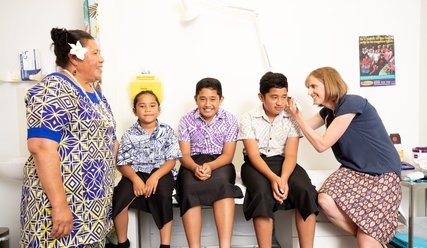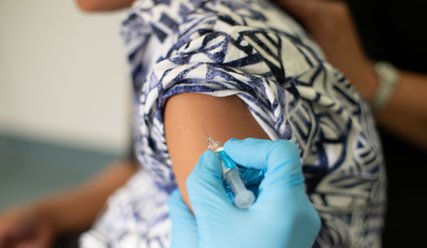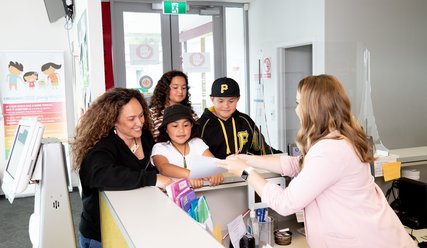Can screening save lives?
University of Otago senior Māori health researcher, GP, and public health medicine specialist Professor Sue Crengle (Kāi Tahu, Kāti Mamoe, Waitaha) is a strong and respected voice for Māori health. Her advice has guided the sector to advocate for more equitable outcomes, particularly for Māori, and now Sue is highlighting how one seemingly small facet of our practice could be the crucial lynchpin in securing better outcomes for patients.
“This is a call to action. We’re exhausted, I acknowledge that that is true. Yes, we’re in the midst of a new COVID wave but this is going to be our normal for the moderate term. We need to ask ourselves, how are we going to do our normal business in this environment?””
As the Principal Investigator for a Health Research Council-funded trial focusing on developing a lung cancer screening process, which aims to reduce the inequities suffered by Māori in terms of lung cancer incidence and survival, Professor Crengle says that screening not only saves lives, but it saves us work later on.
“The health system is founded on western ideals of what health services should be. The screening programmes have been developed to align with these ideals. For decades we’ve struggled to develop the way those services are provided and make them fit for purpose for Māori. The western approach is simply not fit for purpose for Māori.”
During these times when practices are often stretched beyond capacity, simple oversights can have life-threatening consequences. Sue discussed two occasions where Māori women passed away after missing out on smear tests because of inflexibility at their clinics.
“The discourse is that Māori women don’t get their smears, but for many it is the system that’s letting them down.”
But how can overloaded GPs make simple changes to support increased screening for Māori patients? Sue suggests that we stop doing the same thing we’ve always done and do something different. “If it’s not working, change it.”
“We need to take responsibility for the service and systems issues in our practices. We must prioritise screening and take opportunistic approaches when we meet with our patients – “I see your smear is overdue, shall we do that now?” Make use of the resources that we have available to us.”
HPV self-screening is an initiative that will contribute to creating more equitable levels of screening. “Plan now for how your practice is going to support HPV self-screening,””
Sue suggests GPs take advantage of the Mihi 501 courses on offer from the Māori/Indigenous Health Innovation (MIHI) Centre in Christchurch. “Learning enough to pronounce people’s names properly is a crucial first step. Do clinical audits using ethnicity as something you look at data by. Employ Māori in your practice wherever possible and at a number of different levels.”
“It’s not one big thing that’s caused this massive inequity between outcomes for Māori and non-Māori, it’s a number of small steps that have caused this situation. We need to do a broad range of things to sort that out and achieve equity.”


